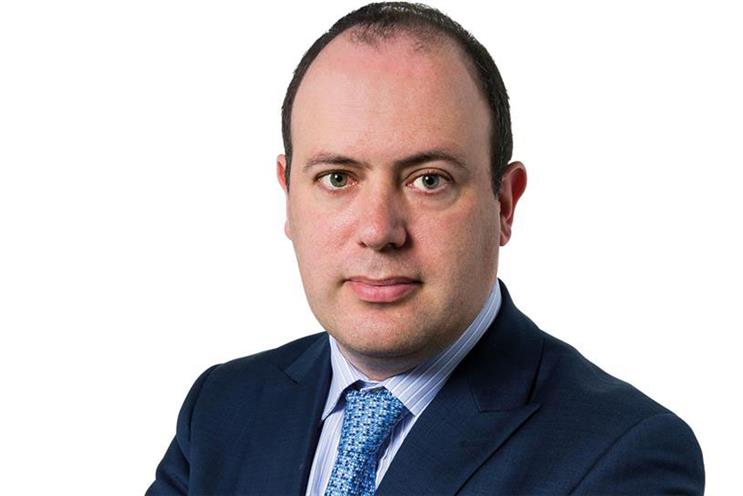The precarious future of the news business is the issue that won’t go away. Nothing should be more important for the commercial media industry in 2017.
President Donald Trump’s first week in office – when he declared he is "in a war with the media", while his administration happily peddles "alternative facts" – underlined that democracy itself is at stake.
Any street-smart blogger or citizen journalist with a smartphone can be a publisher and broadcaster. Yet it is groups of experienced journalists, working in well-funded newsrooms, that are still best-equipped to find, test, check, report and make sense of the news – like The Sunday Times’ revelation last weekend that Theresa May’s government hushed up a failed Trident test.
If only newspapers asked as many searching questions about themselves and their own commercial future. In the face of plunging print ad revenue and modest digital growth, the solution is clear: put your egos to one side and collaborate.
Share ad sales because media buying is a scale business and is only going to become more so. Share first-party data and create a compelling data-driven offering based on registered users. Share technology because programmatic is driving down the value of ad inventory and failing to put a premium on the editorial environment and context. Share journalistic resources when it makes sense and make better use of your unrivalled archives. Share other costs.
And unite to sell the medium – noisily and aggressively, and in a modern way – to the ad industry, Westminster and beyond by beefing up trade body Newsworks.
But be realistic. Don’t waste time setting up a single ad sales house because the chances of winning regulatory approval are close to nil. TV has three sales houses – not one.
Alas, the way forward may look obvious but newspaper groups have an uncanny ability not to do the sensible thing.
Talks on joint ad sales finally happened last summer but appear to have made limited progress – partly because of worries about what competition regulators would say about the initiative, dubbed Project Rio. DMGT’s decision to walk away is probably a blessing because it was unlikely that the Competition & Markets Authority would allow a move from five or six newspapers running ad sales houses to just one sales point. Several "mini-Rios" would be more realistic.
Advertising can still play an important role in funding journalism. But no newspaper consortium can hope to match the scale of the tech platforms. The future of news involves more people paying for it.
Gideon Spanier is head of media at ±±¾©Èü³µpk10.
gideon.spanier@haymarket.com



